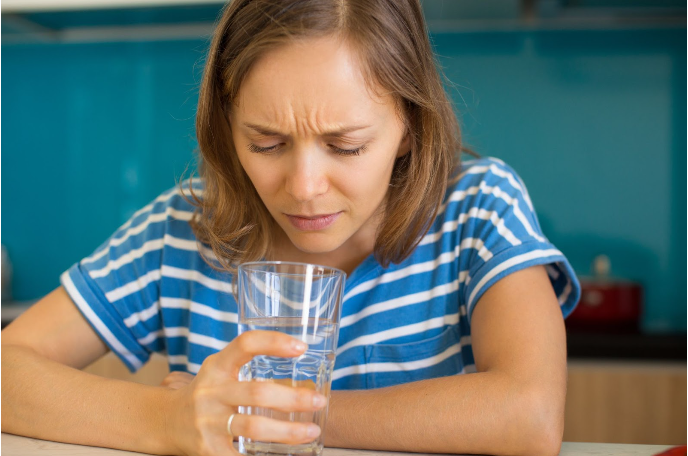Effects of Chlorinated Water
If you’re bothered by the taste and smell of chlorine in your home’s water, you might want to think about what else is going on. Using chlorinated tap water has other concerns for your home, too. We’re taking a behind-the-scenes look at how chlorine reacts with water-using appliances and fixtures. After all, knowledge is power. The more you know about your water, the better you can protect your home’s big investments.
ABOUT CHLORINATED WATER
Our municipal water—or “tap” water—is treated with chlorine to help make it safer for drinking. Water treatment plants use chlorine and chloramine (chlorine with ammonia) as a disinfectant. These chemicals kill bacteria and other contaminants before the water travels through the pipes to your home. It’s a necessary step for treating water, but can lead to trouble if your home doesn’t have a system to remove that chlorine from your water before you use it. In addition to its obnoxious smell and taste, having chlorine in your water can make your clothes fade in the wash, lead to costly concerns involve your appliances and fixtures. Leaky faucets and toilets are typical results of having chlorinated tap water. The strong oxidants (i.e., chlorine and chloramine) found in municipal water damage the rubber seals, gaskets, and toilet flappers in your home, and can attack the rubber pieces on more expensive water appliances too.
WATER AND YOUR APPLIANCES
Your water heater, dish washer, and washing machine are all at risk when they use chlorinated water. Without chlorine removal, even your water softener can be damaged. That’s because chlorine oxidizes these appliances’ rubber parts, which makes them mushy and ruins their tight water seals. Rubber hoses and other fittings corrode because of chlorine, and can lead to leaks that cause other costly plumbing problems, along with machine malfunctions. Chlorinated water puts homeowners at risk of high repair costs for all water-using appliances. Even if you already have a water softener, chlorine can still cause damage to your home. Chlorinated tap water reduces the effectiveness of your softener by breaking down the system’s resin bed. Obviously these issues don’t happen overnight. But in areas that require high doses of chlorine to disinfect their water—like Indianapolis—problems can happen a lot sooner. The best way to protect and prolong the lifespan of your home’s water-using appliances is to use soft water that’s chlorine-free. A whole-home system removes chlorine and other contaminants from your water. It purifies your drinking water, and helps protect the inner workings of your water appliances with chlorine-free tap water. That way, you can avoid unnecessary repairs and simply enjoy the taste of water that’s truly clean.



